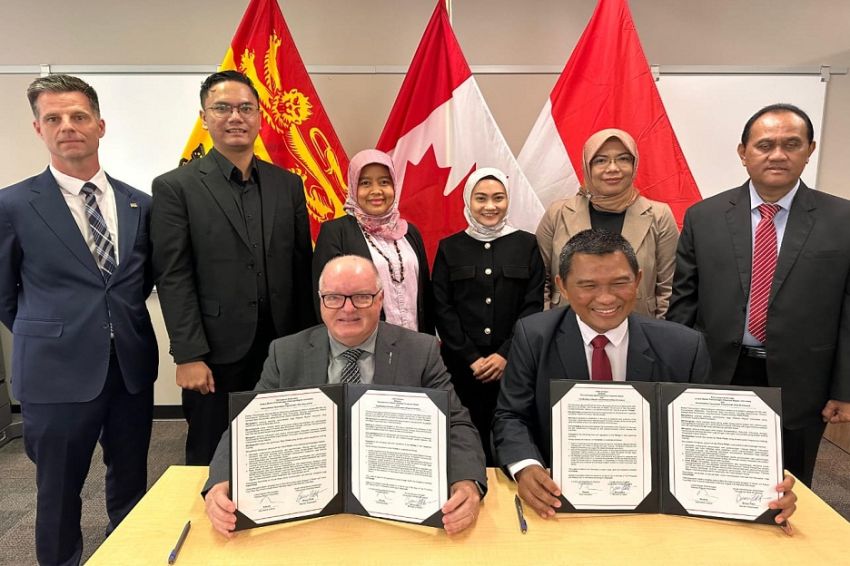Immigration, Refugees and Citizenship Canada (IRCC) and the Canada Border Services Agency (CBSA) verifies the information contained in an applicant’s application and compares it with the applicant’s social media and public profiles.
Find out if you qualify for Canadian immigration
If there are discrepancies between the application information and what can be found on the web, this could be grounds for rejection.
In a recent Canadian federal court case, a man applied for permanent residency as a skilled worker. The visa officer who reviewed the man’s application was concerned that he had failed to mention his involvement with a particular company in his application. The company’s website named the man executive chairman. The visa officer checked the man’s LinkedIn profile, which indicated he was a member of the company’s board of directors.
Even after giving the man an opportunity to explain the discrepancy, the officer concluded that the man was inadmissible to Canada for making a material misrepresentation. The agent said he failed to provide an adequate explanation for online information regarding his involvement with the company.
As a Canadian immigration applicant, what is posted online (or not posted online) can be used as evidence of the accuracy or inaccuracy of your application.
Importance of avoiding misrepresentation
A finding of misrepresentation is serious and difficult to overcome. Immigration officers are strict about misrepresentation and a finding could result in an application being refused.
Misrepresentation on immigration applications can also have serious consequences beyond the denial of your application. According to IRCC, in response to false documents or information, IRCC may:
- Prohibit you from entering Canada for at least 5 years;
- Give you a permanent record of fraud;
- Remove your permanent resident status or Canadian citizen;
- Have you been accused of a crime? Or
- Deport you from Canada.
Immigration forms and applications can be complex and confusing. Candidates can be very careful while making innocent misrepresentations. Unfortunately, innocence is generally not a defense against misrepresentation.
It is important that applicants submit completely accurate and complete information. Applicants should verify all information provided to ensure that it is correct and remains consistent throughout the application.
The key to avoiding misrepresentation is to disclose all relevant information, even if you think it might negatively impact your chances of being approved. It’s best to address potential issues directly in an application and provide supporting documentation to explain them.
Additionally, it is essential that applicants inform IRCC as soon as possible if any changes occur while IRCC processes their application. This may include personal data such as marital status or updates regarding employment or education. If you don’t inform IRCC, they may assume you are making a false declaration.
Avoiding false statements in your immigration application is essential to ensure a successful process. It is recommended that you seek professional help by consulting an immigration lawyer as they can ensure that your application is accurate and meets all necessary legal requirements.

“Amateur problem solver. Hipster-friendly alcohol lover. Beer buff. Infuriatingly humble tv geek.”






